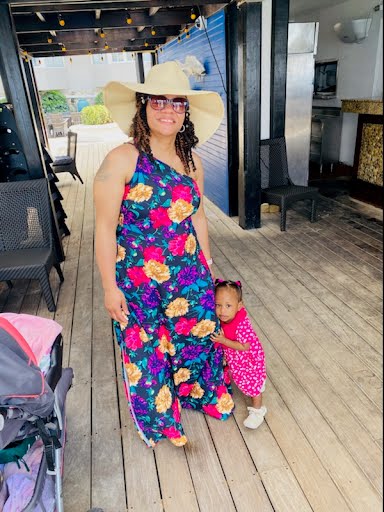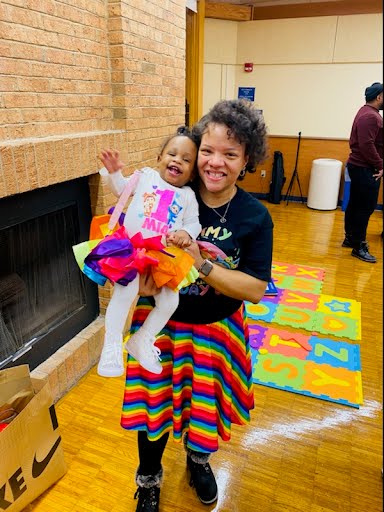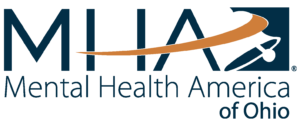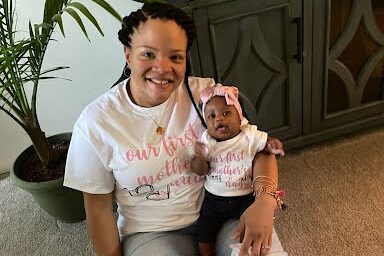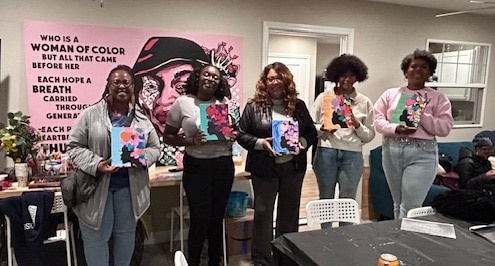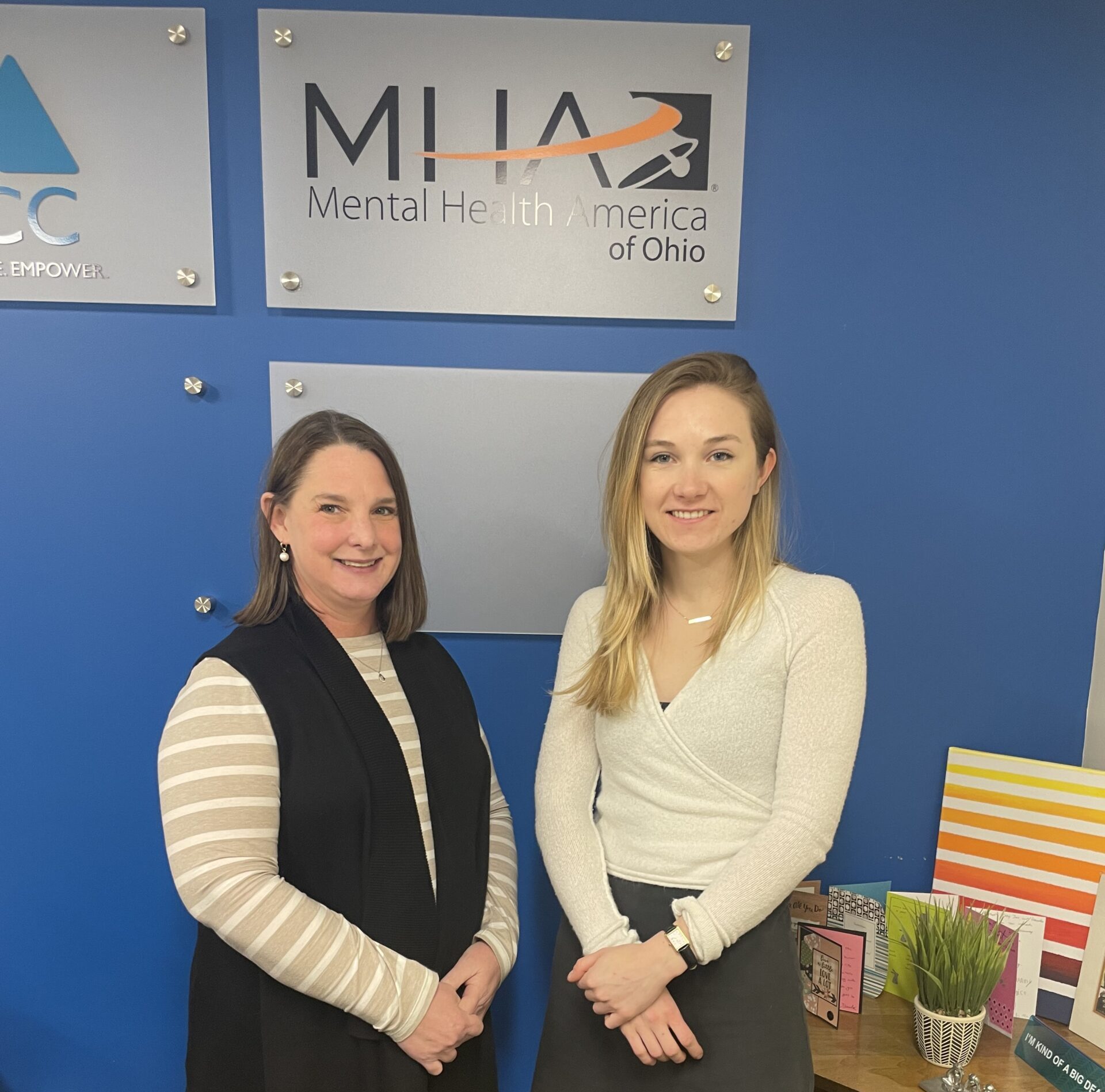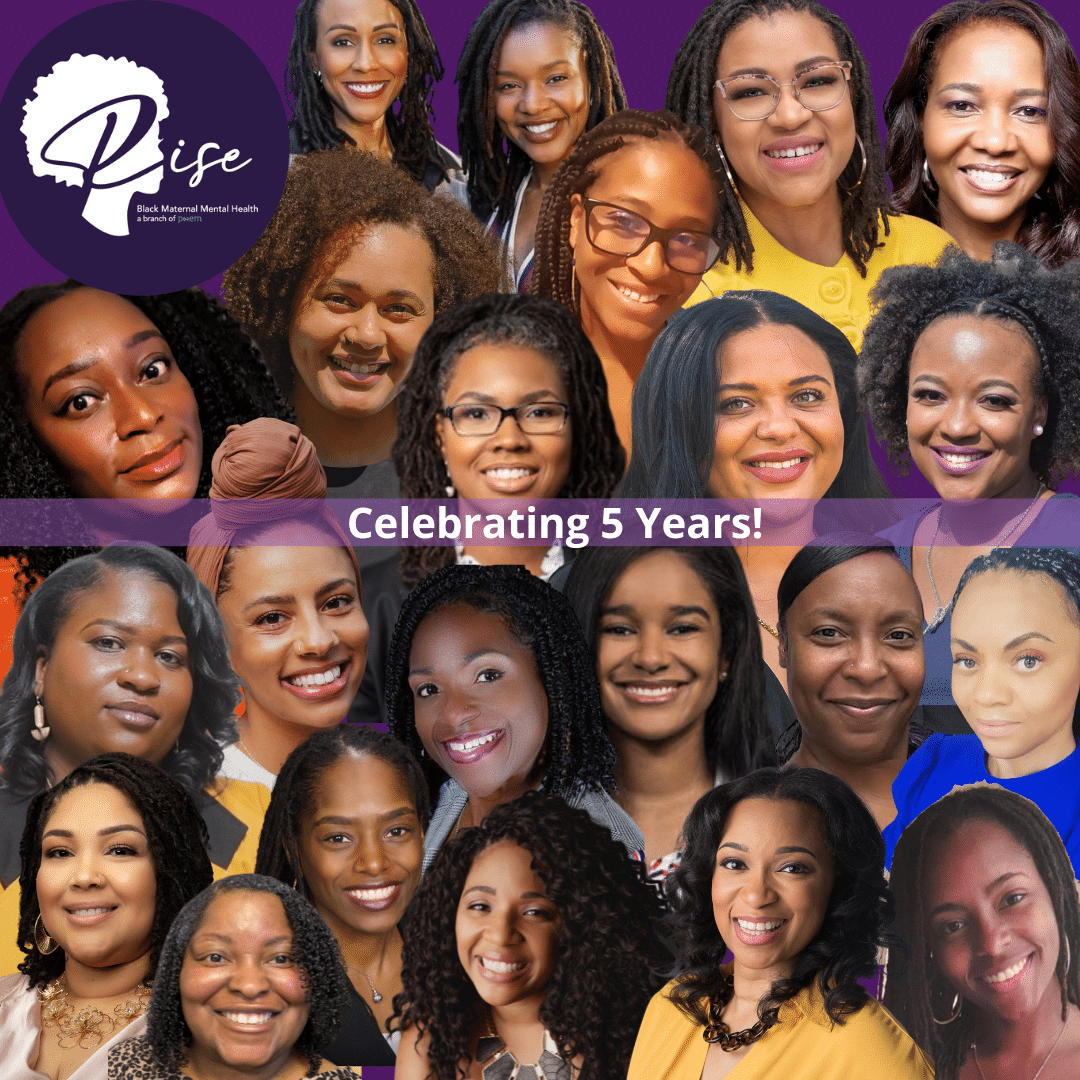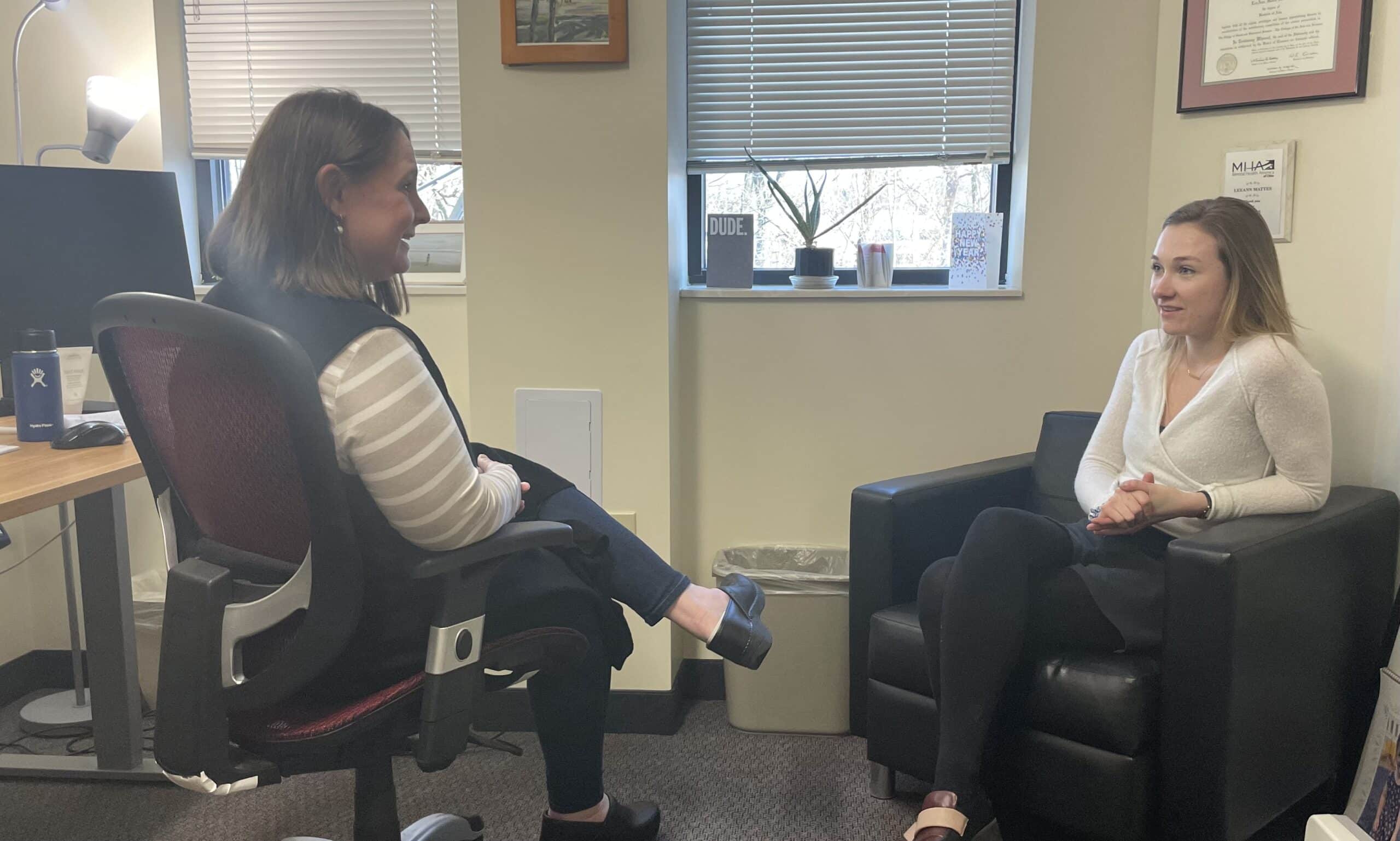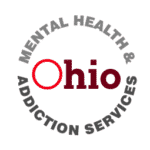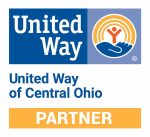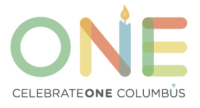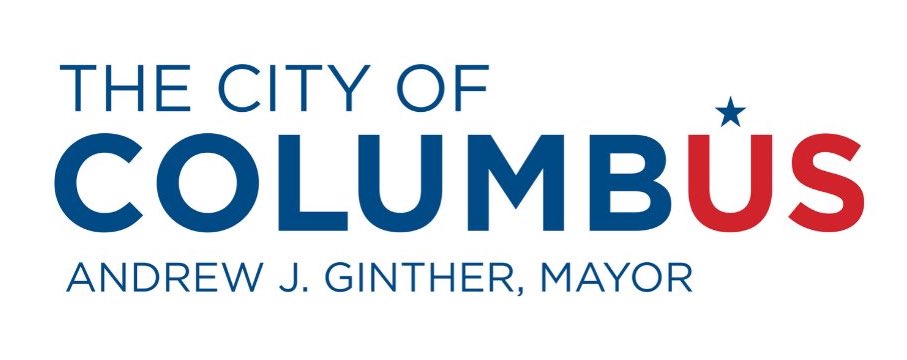Name: Erica
Pronouns: She/Her/Hers
Snapshot: Erica is a wife and first time mom trying to balance work, partnership, and motherhood. After being diagnosed with Gestational Diabetes at 24 weeks and receiving care that only further complicated her pregnancy, she recalls her struggles with maternal mental health and shares her process for healing.
How were you connected with POEM Rise?
I was connected through a social worker at my primary care office after seeking mental health support.
Tell us about your pregnancy and postpartum journey. How did your experiences impact your mental health?
I was diagnosed with Gestational Diabetes at 24 weeks, during my first and only pregnancy, due to complications from that pregnancy. I originally sought prenatal care by my OB at the time, who was Caucasian. I was on a fertility treatment and took a round of Clomid to support pregnancy without a thyroid. It was very successful, however, I do not recall being properly educated on the possibility of ovarian cysts as a side effect. At week 7 of pregnancy, I had a vaginal ultrasound and they determined I had a cyst the size of a golf ball. The OB said not to worry about it. Over the next few days, I had intense stomach pains. I thought I was losing the baby. We went to the ER. My husband could not come with me because it was during the pandemic. As it turns out, the cyst ruptured after being told I didn’t have anything to worry about by my doctor; I was now worried. Following that experience, I immediately switched to a Black doctor and received improved care. Mentally, the experience left me feeling very anxious. At 24 weeks, I was diagnosed with GD and preeclampsia. I was prescribed medication and monitored until delivery. That resulted in me needing once-a-week appointments, all of which my husband was not allowed to accompany me due to COVID. This cumulation of complications throughout my pregnancy pushed me up a week to deliver. I delivered my daughter at 37 weeks and chose to have a C-section. My husband and I also had COVID during delivery. Unexpectedly, our daughter was healthy, very small, and just right at full-term. One week later, I returned to the hospital and was admitted for what they believed was pre-eclampsia. I was a new mom, wife, and terrified to leave my baby. I was also trying to pump, and so I chose to leave the hospital against their wishes. I knew what to do to regain stability. I was not feeling well, trying to tackle life as a new mom, pumping, and attempting to take care of me. I was losing track of caring for myself. My emotions were everywhere and mentally, I thought I was losing it. Then came the time for me to go back to work. I was late every day and I had to make the difficult choice to stop pumping. I stored up as much as I could, and then I painfully went through the dry-up. I felt like a failure because of how much nursing is pushed. I couldn’t keep up with being a mom and working full-time. Also, my family is in Cincinnati, and I didn’t have the close support here. I believe I fell into postpartum depression and didn’t know it. I didn’t realize it until my daughter was a year old and getting recurring ear infections, as well as side effects from the various antibiotics. I was still working full time. By the second week of this, I had a nervous breakdown. I reached for help and was given the number for POEM. From there I was connected to my therapist. That is how I have started to get better.
Were there any forms of support you found beneficial to you in your journey?
Apart from POEM and therapy, a friend at the time introduced me to a Facebook group for Black moms that I joined very early and found very helpful. It made it safe for me to share about what I was experiencing. My friend was also there for me to talk about new mom struggles.
Are there any words of wisdom or encouragement that you’d like to offer other birthing persons?
There is no education on self-care as a mother, and I think that is what needs to be pushed. It is OK to ask for help!
